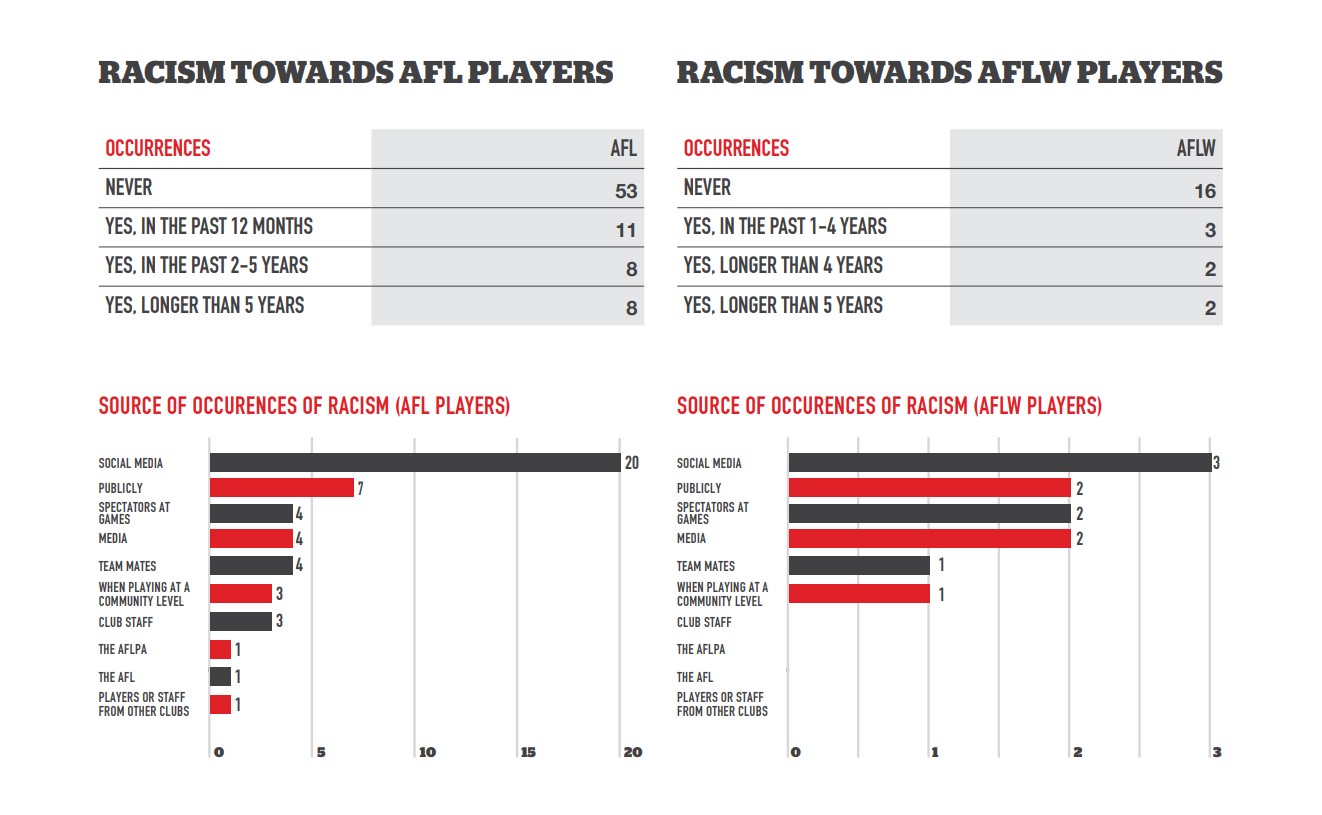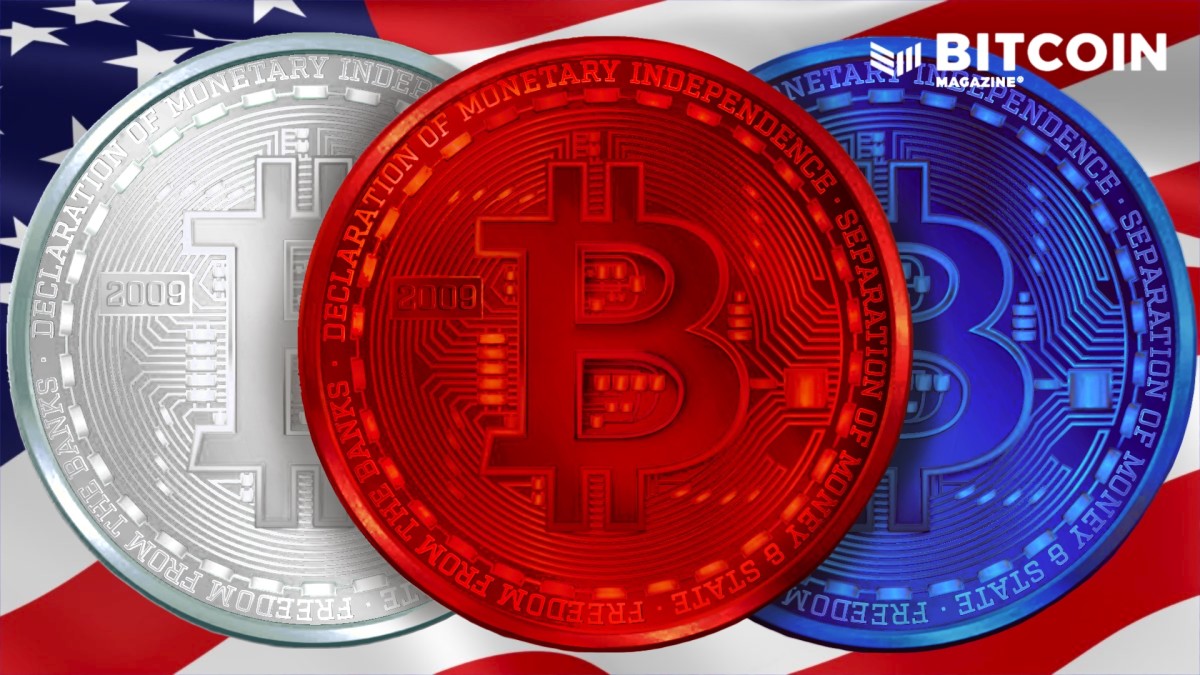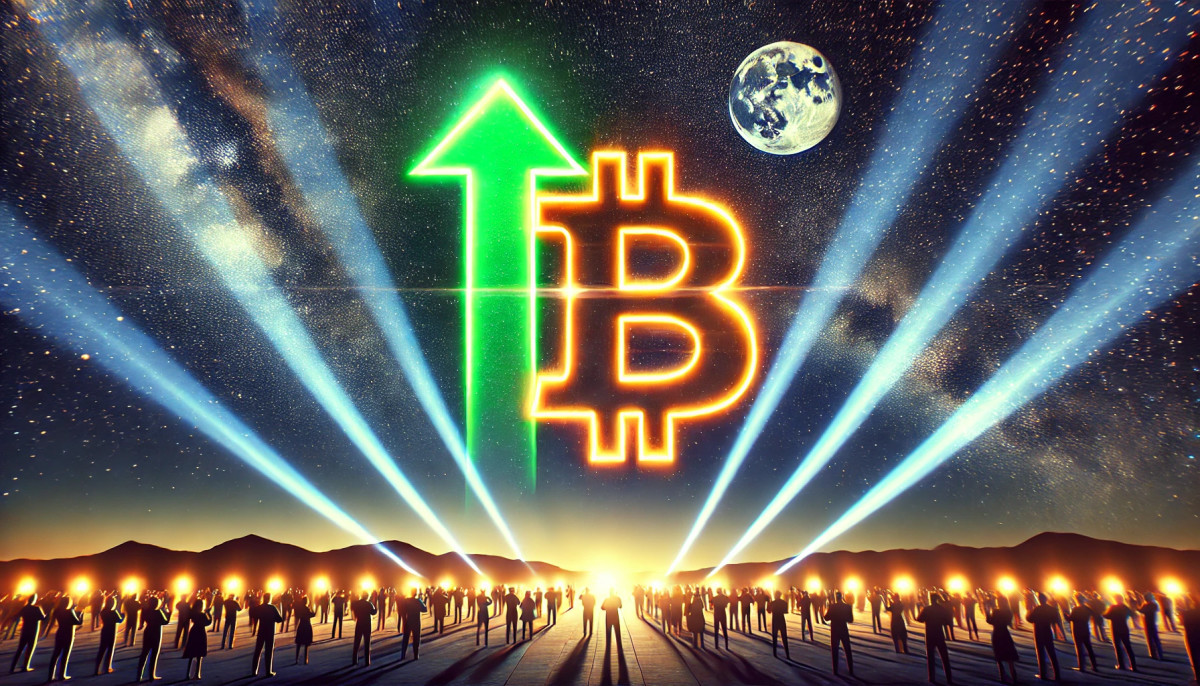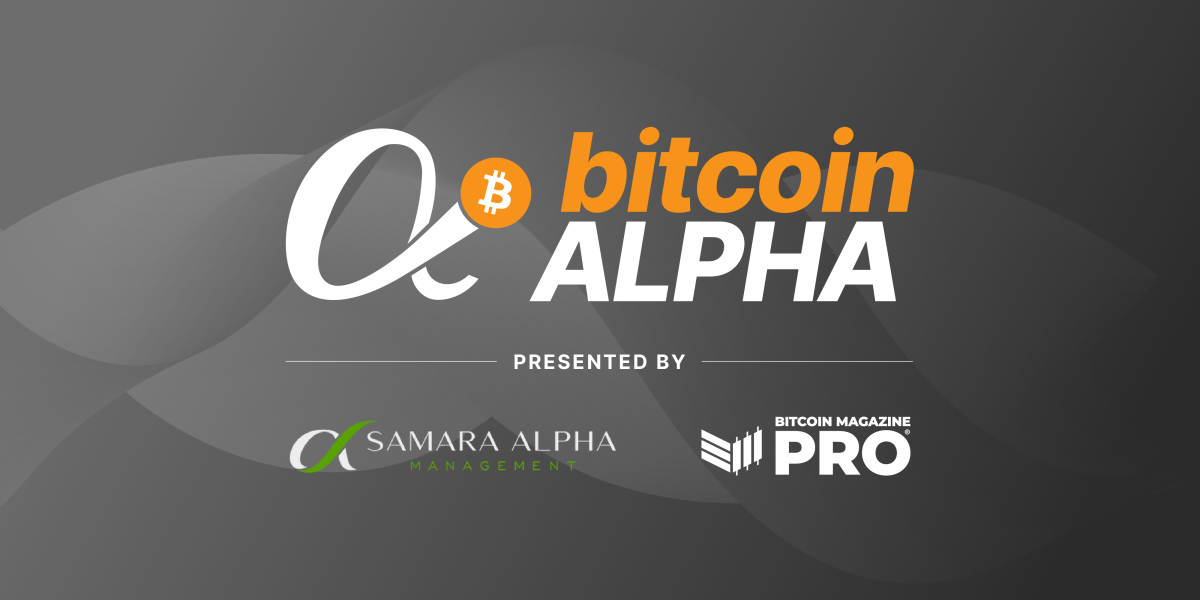Social media trolling of our sportspeople has its newest victim – but Sonja Hood won’t be the last unless we take a stand
Free speech is one of the big misunderstandings of today’s society – and unfortunately, sport, while largely based on games and fun, is not immune to the flow-on troubles. Just because a person is unlikely to be fined or imprisoned by the government for having a voice or opinion in Australia, unless it breaks the […]

Free speech is one of the big misunderstandings of today’s society – and unfortunately, sport, while largely based on games and fun, is not immune to the flow-on troubles.
Just because a person is unlikely to be fined or imprisoned by the government for having a voice or opinion in Australia, unless it breaks the law, it should not be seen as a free licence to do and say whatever we want, regardless of what platform we are using.
It all comes down to one word that we hear a lot and say we support – respect. But how many walk the walk when challenged? Treat others how you’d like to be treated and speak the way you want to be spoken to – they are not just motivational phrases, they should apply to everyone, every day.
For all its benefits, social media has in one sense become a moral gutter of society because it brings out the worst in people.
An athlete may have 100,000 fans and one abusive troll. The effect that has on the player’s health is like having a swimming pool of water and putting one drop of poison in it.
You wouldn’t enter the water knowing even the smallest amount of poison is in there. Although there are megalitres of nice refreshing water, the one toxic drop makes it unsafe and damaging to the health.
Last year’s AFL Players Association “Insights & Impact Report” found that social media ranks as the second highest concern for both male and female competitions, behind mental health as a whole, with trolling having a significant impact on their wellbeing.
Particularly, AFL and AFLW players who identified as Aboriginal, Torres Strait Islander or a person of colour were asked about their experiences with racism.
In both the men’s and women’s game, social media was the leading source of racism, with the number of occurrences for men almost triple the next source, in the general public away from the ground.

Source: AFL Players’ Association Edition 2 of the Insights & Impact Report
Footy has never been more covered media-wise; within seconds of a big moment or a news story breaking, there is a flood of fan opinions – and that unfortunately brings swearing and abuse that can often be personal and hurtful.
A very big problem is that social media is uncensored. On top of that, gutless cowards can create fake profiles and remain completely anonymous. Also, social media elevates the minority (or even a sole individual) to make them seem more important than the rest of the crowd.
Even though the view is outnumbered, or completely made-up, it gets the same level of attention and credibility as the masses of genuine comments.
I imagine most will say that they do have respect, and what may be construed as negative talk is just them having a joke and people need to “lighten up” – but it is widely documented the effects that words can have on people.
In 2019, Tayla Harris was mercilessly attacked by online trolls after a photo of her kicking went viral.
Geelong star Mitch Duncan and his family were subjected to vile messages after a game in 2021 where he was injured mid-game and punters lost money betting on the number of disposals he’d get.
Just last week, North Melbourne president Dr Sonja Hood deleted her Twitter account after being subjected to abuse.
There are many other players in the same boat who have deleted accounts or simply logged out and walked away for the same reasons. Collingwood premiership player Travis Cloke even told a podcast in 2019 that he fears one day a player could self-harm if negative comments hit them during a particularly bad time.
Washington Wizards NBA Star Jordan Poole summed it up in an interview with Andscape website: “We’re just in an era where we’re attracted to the negativity”.
That article went on to assert that users have found a “social currency” in mentioning a star’s name. That means likes and follows, and even money is being gained at the expense of an athlete’s reputation. Is that part of their contract of being a professional sports person, really?
That’s no different to what we are experiencing in the AFL; there are players the public likes to hate and negative posts about that player skyrocket every time they are mentioned, to the point where people are making money off it.
Occasionally you will get some of the megastars with millions of followers, like Kevin Durant, snap back and ‘correct’ random trolls. But not every athlete is that confident to take on the masses that snowball with every reply, and the amount of hatred received for one bad game is sometimes ridiculous.
Late last year, NFL running back Alexander Mattison shared racist and disgusting messages he received after a poor game – some even encouraging self-harm. He responded by reminding people that away from the field, “I am a human, a father, a son”. Athletes are not virtual punching bags for fans to take their emotions out on.
Trolls often stoop to extremely low levels because they feel they wouldn’t get heard otherwise – and that’s all they are after, knowing their grievances actually get through to the player using any means possible. Attention is all they are seeking; maybe because no one listens to them otherwise.
In 2021, Instagram announced it would introduce filters for athletes to block messages including specific derogatory keywords and phrases, particularly after NRL players voiced concerns following online threats aimed at then-Roosters player Josh Morris.
But it’s not foolproof. Neither social media organisations, nor the sporting bodies, have the full power of censorship, meaning some hate is still getting through the cracks.
At an organisational level, comments can be filtered or deleted by another human, but at a personal level, individual players have to read and manually delete cruel remarks themselves. By then the damage is done and the abuse can’t be unseen, just like telling someone to ignore negativity or “harden up” is naïve and insulting.
The now Manly Sea Eagles coach Anthony Seibold even had to take his trolling experience to the police after made-up lies were spread about him, defaming his character. Even if he could ignore them himself, the results of the trolling were out in the entire community, where the damage was done.
The other option is to turn off comments entirely, stop direct messages or even abandon/delete their accounts. But that’s robbing genuine fans of one of the great channels of communication and interaction in the game these days.
Do AFL players really need public social media accounts these days? Not really. I bet they have enough on their plates with family life, sponsorship commitments and training for games.
Scrolling through comments and DM each day, sorting the genuine chat from the malicious is a nuisance to some, but more harmful for others. It cannot be ignored or dismissed as normal behaviour.
Sports opinion delivered daily
In generations gone by, to be able to talk to your favourite players, you’d have to find a way to approach them personally – which was sometimes not an easy thing to do – and then, if you crossed a line with what you said, there’d be some form of instant confrontation.
Wouldn’t social media be a far better place if you copped a ‘virtual’ smack in the mouth for being an idiot?
No, I am not advocating any actual violence – but would you really be so disrespectful if you were going to be named and shamed on your record? That means potentially losing your job, friends and family, welfare payments – or even businesses could decline your services for overstepping the mark and being abusive.
Just as much as free speech is valued in Australia, so is the recognition that bad behaviour has consequences.
It’s about time we got serious as a society and treated trolling as seriously as we treat other major crimes, so athletes are protected, and feel safe interacting with genuine fans.
What's Your Reaction?





















































